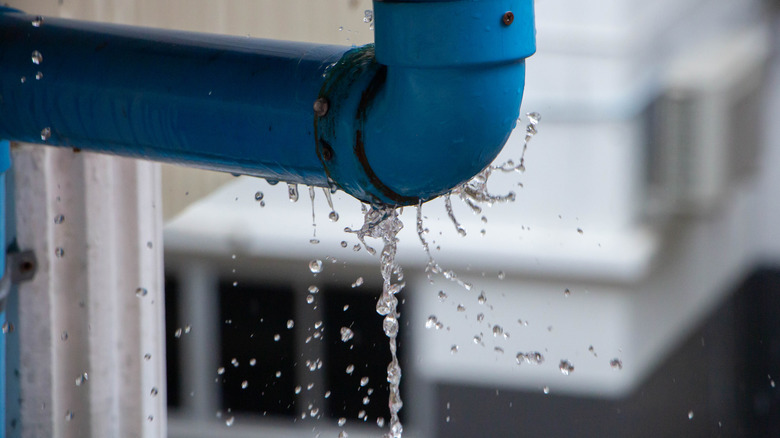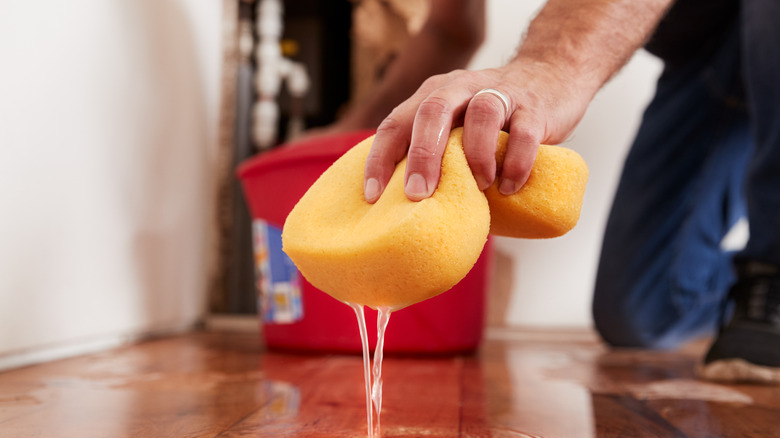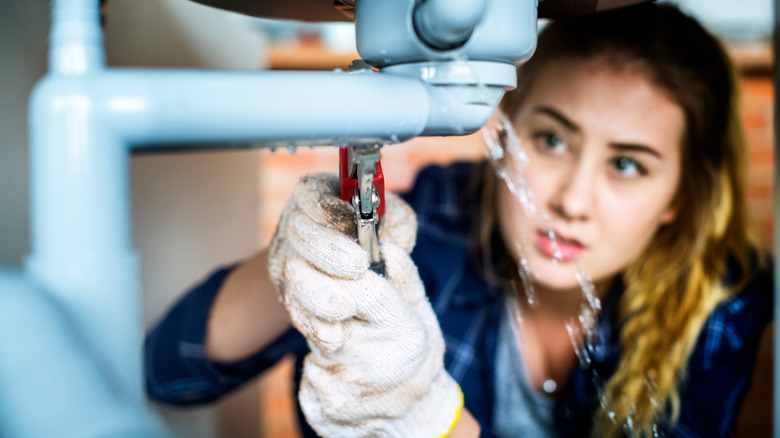What Caused Your Pipe To Burst And How Can You Prevent It In The Future?
Discovering a burst pipe in your home is no small event — what may initially seem like a minor plumbing hiccup can rapidly escalate into something severe. Your rooms could flood, causing structural damage, destroying furniture, and leading to a substantial bill for repairs and replacements. So, what causes pipes to burst? A multitude of factors could be at play, be it the freezing temperatures of winter, the age of your lines, or simply general wear and tear. Any of these factors, individually or in combination, can jeopardize your pipes.
However, grasping the numerous reasons that can lead to a pipe bursting is just one piece of the puzzle. Equally important is acting on this knowledge to prevent such occurrences in your own home. Indeed, prevention, in this case, is much better than dealing with the aftermath of a burst pipe. It's about staying ahead and implementing measures to keep your home safe and intact. You also stand to save money as well as the distress and hassle that invariably accompany a burst pipe situation. This article will illuminate further why pipes burst as well as offer vital measures to help secure your pipes against future issues.
What causes pipes to burst?
One of the key aspects to master is recognizing the various reasons pipes might burst. Frozen pipes are one of the primary culprits. When temperatures drop significantly, the water inside your lines can freeze. As it solidifies into ice, it expands, exerting significant pressure on the inside of your pipes. If this pressure surpasses what your pipes can endure, they can rupture, causing water to escape and potentially flood your home.
But frigid temperatures aren't the only hazard your pipes face. Age and general condition can also drastically affect their integrity. Like everything else, pipes aren't immune to the ravages of time. Older pipes, or those that haven't been well-maintained, can weaken over time. With diminished structural integrity, they become more susceptible to bursting, especially under extreme conditions or when subjected to additional strain.
Furthermore, your pipes might have to endure harsh conditions, which could accelerate their deterioration. Constant exposure to water and various abrasive substances can wear your pipes down faster, leading to corrosion and other damage. These weakened areas in your pipes are more likely to give way under pressure, increasing their likelihood of bursting.
Finally, a clogged pipe can cause high water pressure. It might seem counterintuitive, but water, the very thing your lines are designed to transport, can threaten them. If the water pressure in your home's plumbing system is excessively high, it can gradually weaken the pipes, making them more prone to leaks or even a full-blown burst.
How to prevent pipes from bursting?
Now that you're aware of the various factors that can cause a pipe to burst, it would help to adopt some preventive measures to safeguard your pipes and, by extension, your home from potential water damage. Initiate your preventative action plan by insulating your pipes. This step is particularly vital for pipes in your house's colder regions, such as the basement, garage, or exterior walls. Think of insulation as a protective blanket that keeps freezing temperatures at bay, ensuring they don't have a chance to freeze the water within your pipes.
Alongside insulation, another effective strategy is to keep your water moving. This technique might seem simple, but it is remarkably efficient, especially on frigid days or nights. By allowing a small trickle of water to flow from faucets linked to your more vulnerable pipes, you can prevent the water inside from freezing and potentially causing a burst. This flow, albeit minimal, keeps the water from standing still, making it harder for ice to form.
Of course, maintaining the condition of your pipes is also a key component of prevention. Routine maintenance checks to clean your pipes might seem tedious or unnecessary when everything seems to be working fine. Still, they can save you a lot of trouble in the long run. If your pipes are old or haven't been inspected recently, schedule a checkup with a professional. Finally, monitor your water pressure; if it appears unusually high, it's always best to investigate it.


